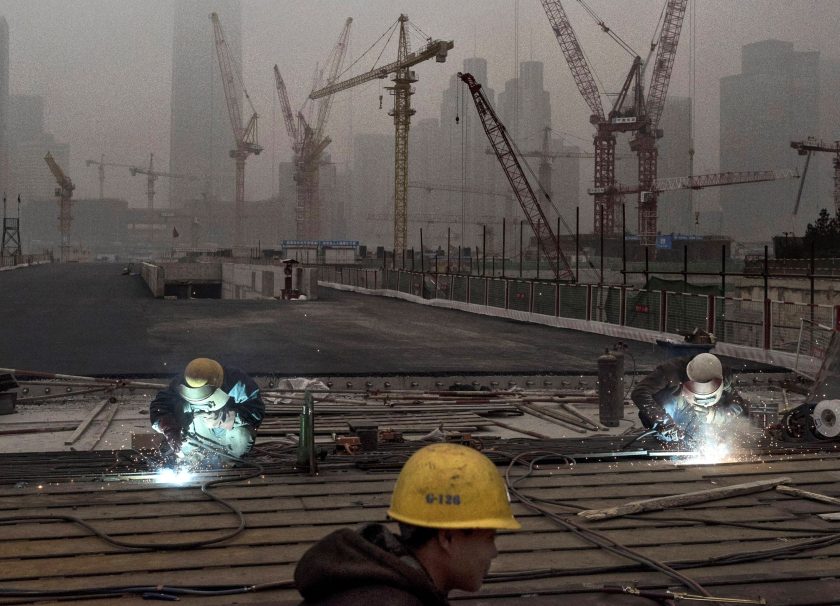
With President-elect Donald Trump setting China and its economic policies in his sights, it is increasingly important to understand the struggles the Chinese economy is having at home, too.
Some believe, like Trump, that trade between the United States and China is one-sided, in that China is taking advantage of American trade policies. To even things out, the President-elect has argued for a 35 percent tariff on products made in China, which would comprise about half of all Walmart’s products, CNBC reports. All speculation aside, it’s impossible to predict what will actually happen once Trump takes office on Jan. 20. Knowing the current state of China’s economy, however, will at least help set the stage for what’s to come between the two superpowers.
Many economists are concerned about China’s debt (both public and private), its aging population (an issue across all Asian economies), and its regional disparity. While none of these issues are going to change all that rapidly, a few aspects of each might work in favor of (or against) China’s economy. The flow of money leaving the country is one of them, which fuels concerns of destabilizing its financial system. Others include climate change, political corruption, and balanced trade policies. During the Obama presidency, China’s president Xi Jinping cooperated with the United States on all of the above.
As the President-elect looks to eradicate at least two of the three, it’s difficult to anticipate how China’s economy will react. Cornell University’s Eswar Prasad seems to think it will be able to weather the storm, though he does expect tumult, initially. That said, China’s economic policies and framework have a long way to go before they’re as strong as they once were. Learn what barriers China needs to overcome in order to avoid an economic meltdown in the video below. Read Prasad’s full take here.
—RealClearLife Staff
This article was featured in the InsideHook newsletter. Sign up now.






















